Tresys Technology, a provider of technology and engineering services for customers with high-security requirements, announced the "Tresys Technology Scholarship" for UMBC students. The merit-based scholarship is intended to support incoming sophomore or junior computer science majors at UMBC with demonstrated financial need and who have obtained or transferred a grade point average of 3.0 or greater. There is a preference given to students interested in computer security. The scholarship, managed by the UMBC Foundation, may be renewed for a second year, contingent on the student’s academic performance and continued financial need. Scholarship recipients are also invited to apply for paid internship positions at Tresys.
Tresys also announced the first two recipients: UMBC Computer Science juniors Sven Rivera and Sean Hoover, who both received scholarship awards of $2,500. Sven transfered to UMBC after attending Carrol Community College and Howard Community College and Sean came to UMBC as a transfer student from New Mexico State University.
For more information or to apply for future awards of the Tresys Technology Scholarship scholarship, visit the COEIT scholarship page.

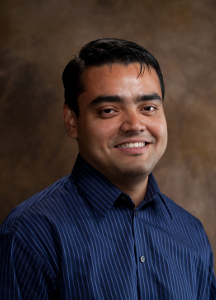 CSEE professor Nilanjan Banerjee has received a
CSEE professor Nilanjan Banerjee has received a 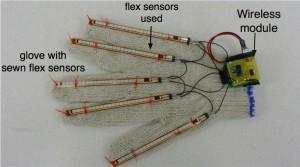 system that will allow paralysis patients to do everyday household activities, like watch television, adjust the thermostat, and turn on a lamp. The heart of the system is two wearable devices. A headband with textile-based EOG sensors will capture eye movement. A glove with flex sensors and an accelerometer will capture hand gestures. Once collected, this data that will be analyzed with a smartphone, translating the wearer’s intent.
system that will allow paralysis patients to do everyday household activities, like watch television, adjust the thermostat, and turn on a lamp. The heart of the system is two wearable devices. A headband with textile-based EOG sensors will capture eye movement. A glove with flex sensors and an accelerometer will capture hand gestures. Once collected, this data that will be analyzed with a smartphone, translating the wearer’s intent. 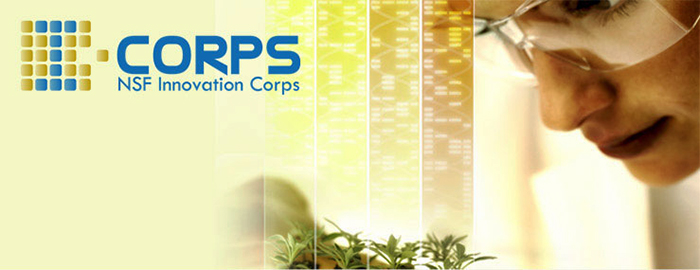
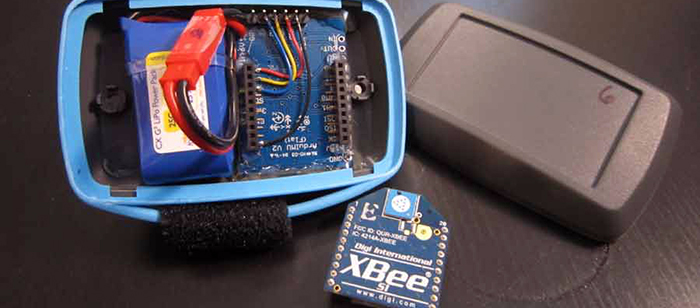

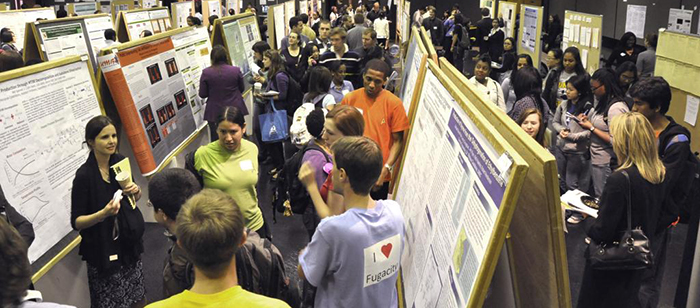
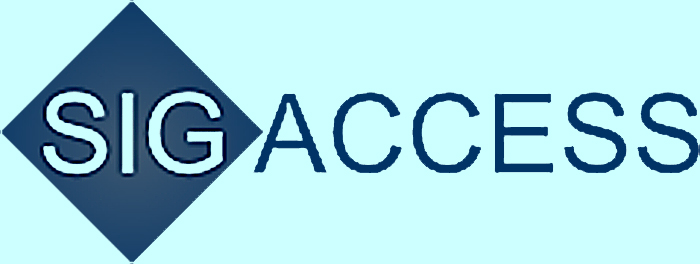
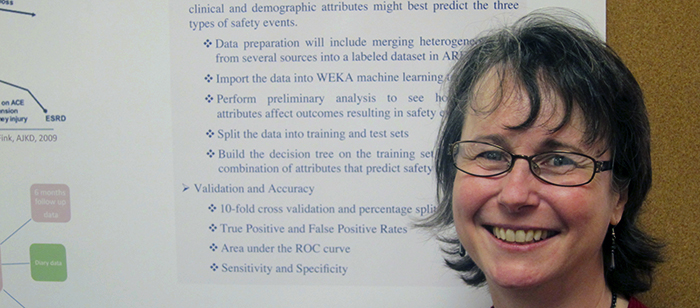
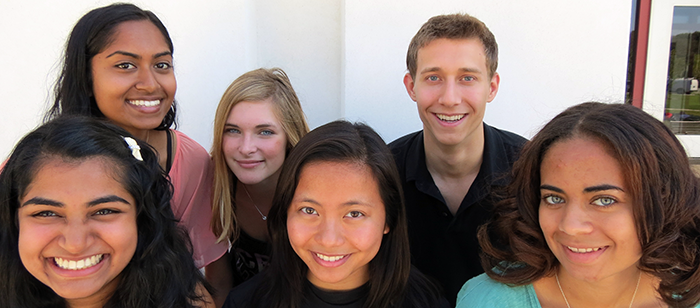
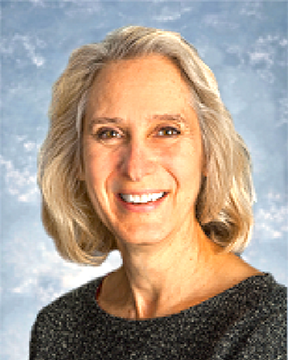 Tina Kuhn is vice president of Security and Information Operations (S&IO) in the Cyber Solutions division of Northrop Grumman’s Information Systems sector. The S&IO business unit provides intelligence-related systems and services to U.S. government and international security customers. The organization’s focus is on full-spectrum cyber solutions that protect critical national systems and support the nation’s information dominance. S&IO also is a premier supplier and integrator of net-centric, next-generation signal processing solutions for specialized customers. Ms. Kuhn brings more than 25 years of management experience to her current position. She joined Northrop Grumman from General Dynamics, where she served as vice president of its Intelligence Systems line of business, leading three business units that addressed the cyber and intelligence communities. Prior to that, she was the vice president/director of programs for the Intelligence and Information Solutions business unit for SAIC in Columbia MD. Ms. Kuhn began her career at General Electric and also held positions at GTE Corp. Ms. Kuhn has a bachelor’s degree in information systems management from the University of Maryland and also is a certified Program Management Professional.
Tina Kuhn is vice president of Security and Information Operations (S&IO) in the Cyber Solutions division of Northrop Grumman’s Information Systems sector. The S&IO business unit provides intelligence-related systems and services to U.S. government and international security customers. The organization’s focus is on full-spectrum cyber solutions that protect critical national systems and support the nation’s information dominance. S&IO also is a premier supplier and integrator of net-centric, next-generation signal processing solutions for specialized customers. Ms. Kuhn brings more than 25 years of management experience to her current position. She joined Northrop Grumman from General Dynamics, where she served as vice president of its Intelligence Systems line of business, leading three business units that addressed the cyber and intelligence communities. Prior to that, she was the vice president/director of programs for the Intelligence and Information Solutions business unit for SAIC in Columbia MD. Ms. Kuhn began her career at General Electric and also held positions at GTE Corp. Ms. Kuhn has a bachelor’s degree in information systems management from the University of Maryland and also is a certified Program Management Professional.